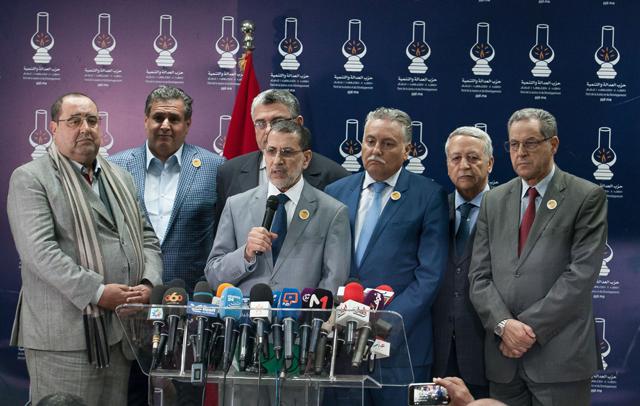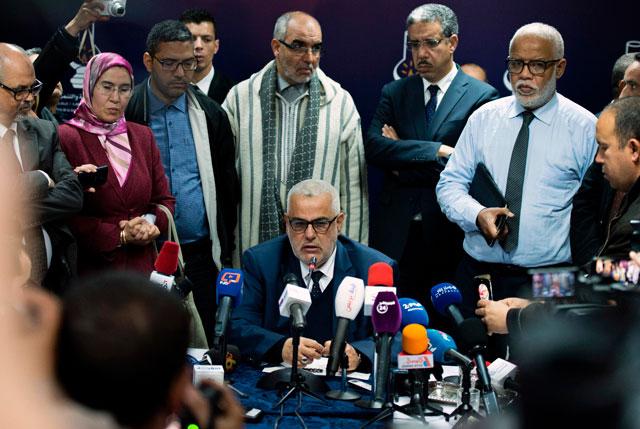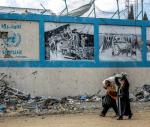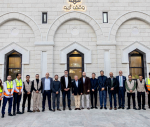You are here
Morocco political deadlock deepens as premier ends coalition talks
By Reuters - Jan 09,2017 - Last updated at Jan 09,2017
RABAT — Morocco's prime minister has broken off talks to form a new government with two main coalition partners three months after the country's elections, deepening the worst political deadlock since the 2011 Arab Spring.
The failure to agree delays the appointment of a parliament chief and pushes back debate of Morocco's economic reform programme to overhaul subsidies and public spending. It was not immediately clear how the politicians would proceed.
Premier Abdelilah Benkirane, leader of the Islamist Justice and Development Party (PJD), was named by King Mohammed as prime minister for a second term after his party won the most seats in last October's election.
In Morocco, the election law ensures that no party can win an outright majority in the 395-seat parliament, making coalition governments a necessity in a system where the king still holds ultimate power.
The premier has been in talks with Aziz Akhannouch, leader of the centre-right National Rally of Independence or RNI Party and a friend of the king. Critics see him as the major figure manoeuvring on behalf of the royal palace.
"Talks have ended with him and also with Mohaend Laenser, the leader of the Popular Movement," Benkirane said in a statement on Sunday night.
RNI has been trying to impose a bloc of four minor parties inside the ruling coalition, which would weaken the Islamists. It also rules out any alliance with the conservative Istiqlal Party, which has shown willingness to work with Benkirane.
That leaves the PJD with only its junior ally, the Socialism and Progress Party (PPS). Both those parties have accused the palace of unfairly supporting the Authenticity and Modernity Party (PAM), which came in second in the election.
The palace says the king maintains the equal distance from all parties and dismisses claims of royal interference.
It was unclear what King Mohammed would do next and whether Benkirane's decision is final.
The October 7 election strained Morocco's delicate political balance by exacerbating splits between the palace and the PJD, with whom the royal establishment has been reluctant to share power.
After five years in government, the PJD won 125 seats in October's election, the Authenticity and Modernity Party took 102, while the conservative Istiqlal Party won 46 seats.
When protests erupted in 2011, the king called a referendum on constitutional reform, ceding some powers to the elected government and guaranteeing more rights. He also increased social spending and used security forces to curb protests.
Since then, Moroccan leaders have presented the kingdom as a model for economic stability and gradual change and a welcome target for foreign investment in a region where violence and political upheaval have become the norm.
The PJD is one of the only remaining Islamist parties leading a government after such parties took power following the Arab Spring revolts that toppled long-standing leaders in Libya, Egypt and Tunisia.
Related Articles
RABAT — Moroccan Prime Minster Saad Eddine El Othmani said on Saturday he had agreed to form a coalition government with five other parties,
RABAT — The king of Morocco is to appoint a new prime minister, the palace announced, after an unprecedented five months of talks on forming
RABAT — Morocco’s King Mohammed on Monday named moderate Islamist leader Abdelilah Benkirane as prime minister for a second term after his p



















